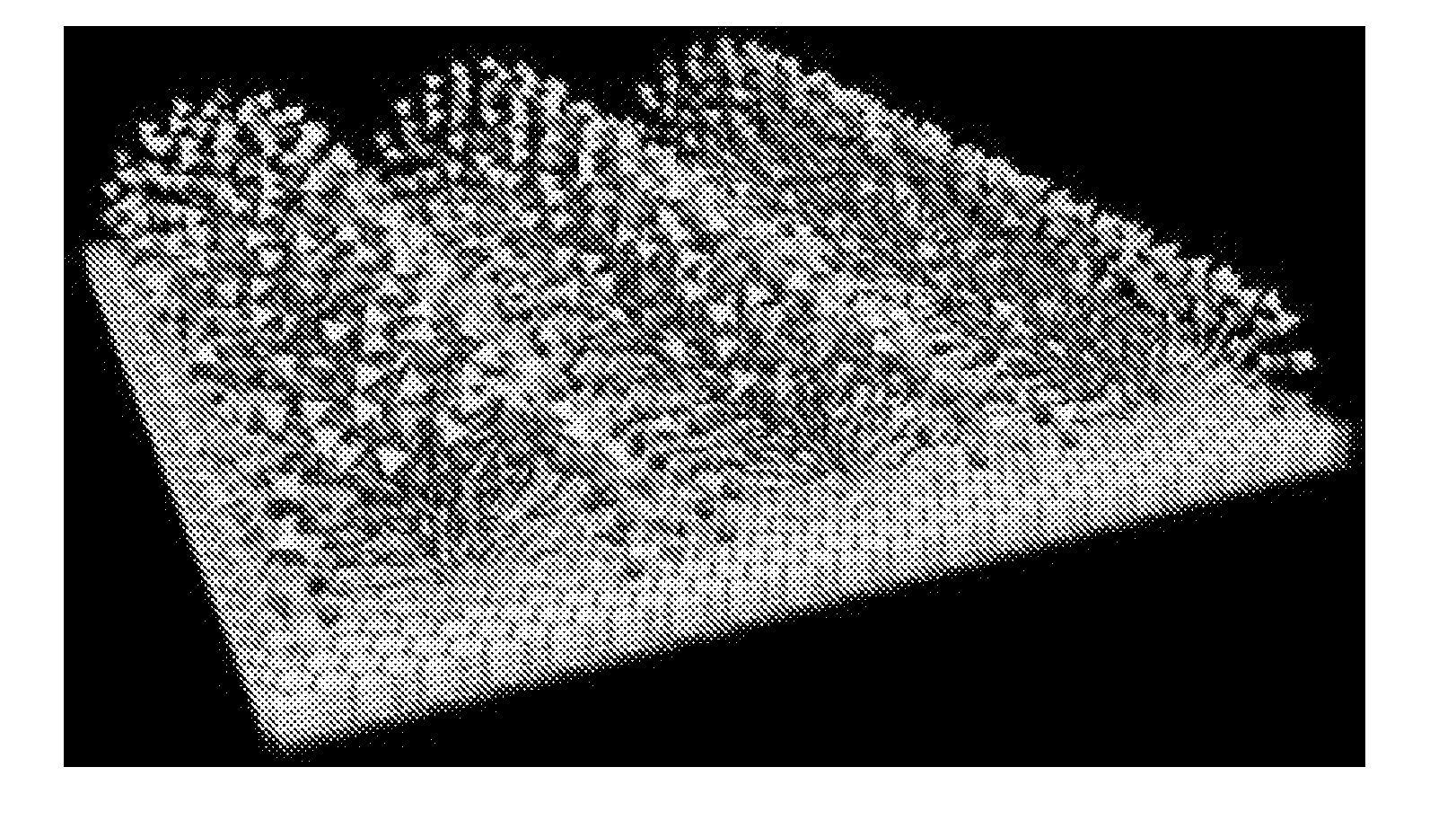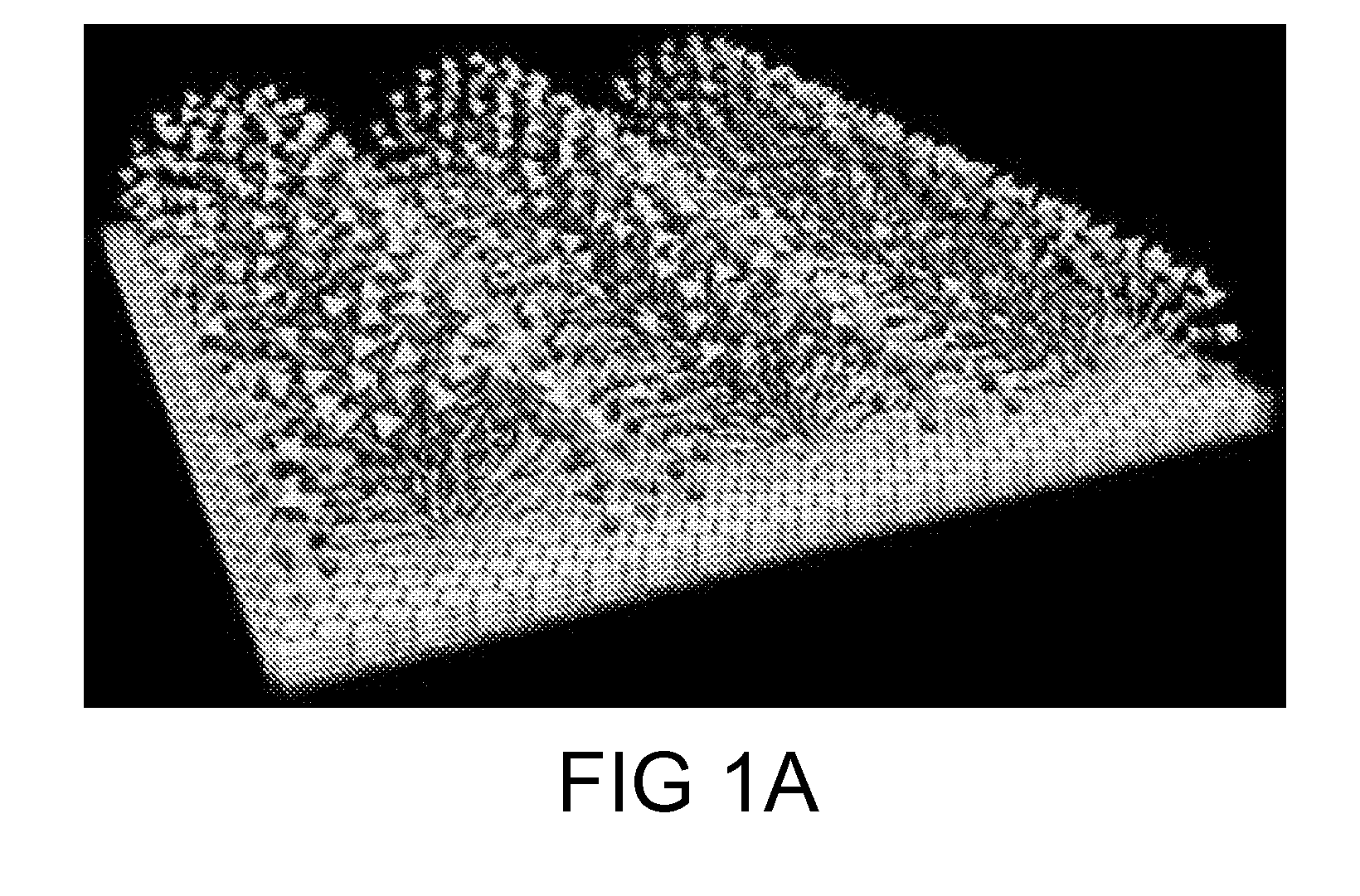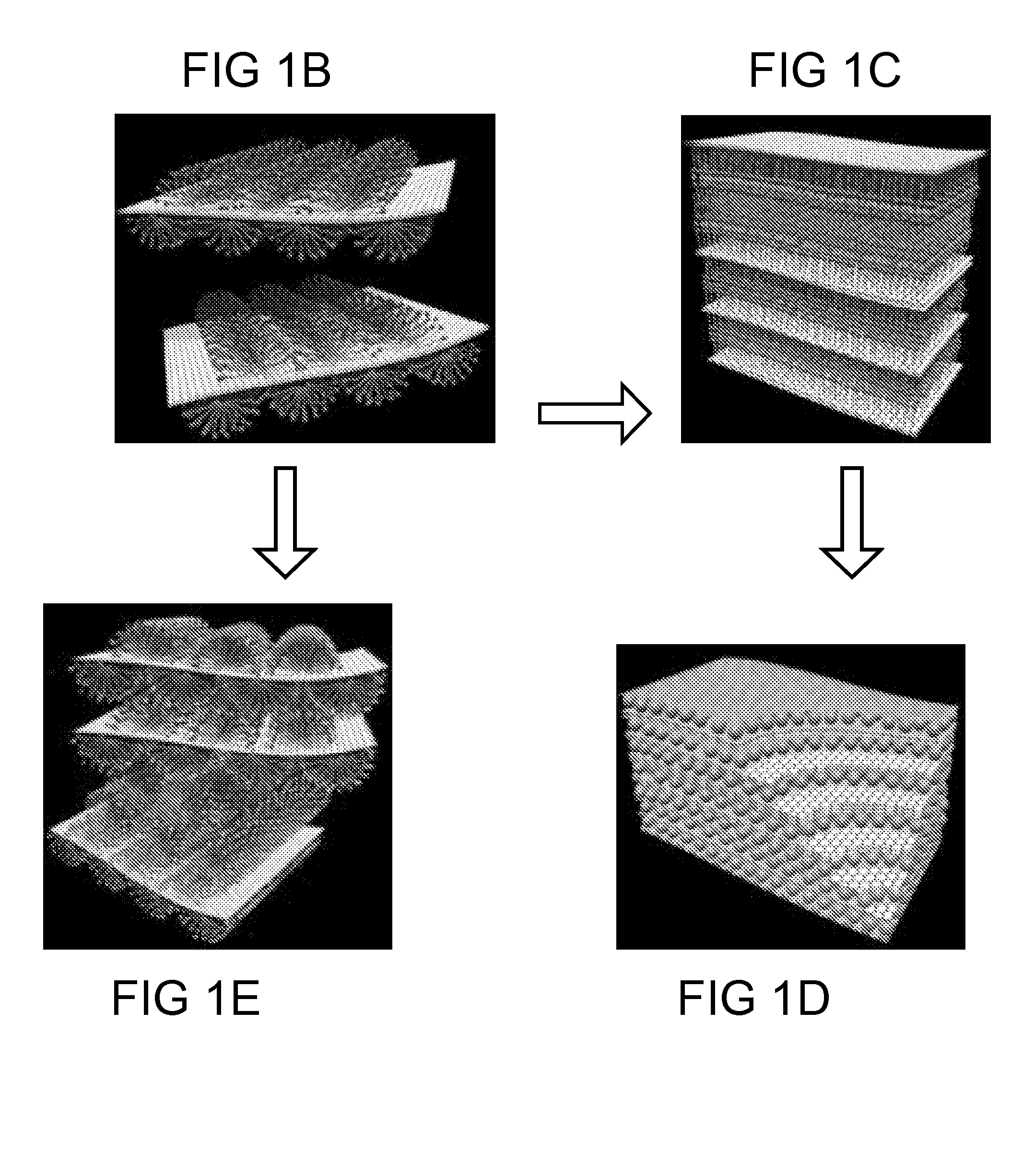Self Assembled Multi-Layer Nanocomposite of Graphene and Metal Oxide Materials
a nano-composite material and graphene technology, applied in the direction of cell components, electrochemical generators, transportation and packaging, etc., can solve the problems of limited potential electrode materials (e.g., oxide materials) in li-ion batteries, inability to achieve complete reduction, and other defects
- Summary
- Abstract
- Description
- Claims
- Application Information
AI Technical Summary
Benefits of technology
Problems solved by technology
Method used
Image
Examples
Embodiment Construction
[0042]For the purposes of promoting an understanding of the principles of the invention, reference will now be made to the embodiments illustrated in the drawings and specific language will be used to describe the same. It will nevertheless be understood that no limitations of the inventive scope is thereby intended, as the scope of this invention should be evaluated with reference to the claims appended hereto. Alterations and further modifications in the illustrated devices, and such further applications of the principles of the invention as illustrated herein are contemplated as would normally occur to one skilled in the art to which the invention relates.
[0043]A series of experiments were conducted to demonstrate certain embodiments of the present invention. The experimental design is as follows.
[0044]Synthesis of SnO2-Graphene Nanocomposites
[0045]In a typical preparation of SnO2-graphene nanocomposite (e.g., 28 wt % graphene), 71.3 mg of graphene sheets and 12.2 mL of sodium 1-...
PUM
| Property | Measurement | Unit |
|---|---|---|
| bond length | aaaaa | aaaaa |
| thickness | aaaaa | aaaaa |
| thickness | aaaaa | aaaaa |
Abstract
Description
Claims
Application Information
 Login to View More
Login to View More - R&D
- Intellectual Property
- Life Sciences
- Materials
- Tech Scout
- Unparalleled Data Quality
- Higher Quality Content
- 60% Fewer Hallucinations
Browse by: Latest US Patents, China's latest patents, Technical Efficacy Thesaurus, Application Domain, Technology Topic, Popular Technical Reports.
© 2025 PatSnap. All rights reserved.Legal|Privacy policy|Modern Slavery Act Transparency Statement|Sitemap|About US| Contact US: help@patsnap.com



